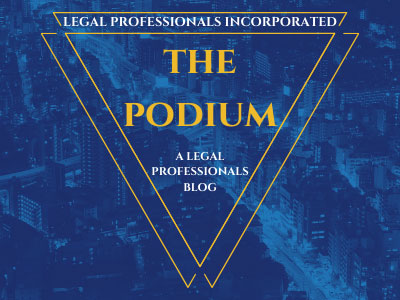
OAKLAND, CALIFORNIA: In response to public records requests following recent amendments to rule 10.500 of the California Rules of Court, the Superior Court of Alameda County has created a dedicated web site disclosing all records reflecting the final adjudication or resolution of pending or anticipated claims or litigation, dating back to January 1, 2010.
After the Judicial Council of California adopted amendments to subdivision (f)(7) of rule 10.500 of the California Rules of Court on May 24, 2018, the Court received a request for all settlements it has entered into since January 1, 2010, to the present that involve either Court employees or judicial officers. Recognizing the change in law and the public’s right to know how judicial branch entities spend taxpayer funds, the Superior Court of Alameda County has searched its administrative records for all such documents.
The public should note that the Court does not maintain a centralized list of such records, nor does the Court maintain its records organized by (a) the identity of the person who is the subject of the claim/litigation; (b) whether the person who is the subject of the claim/litigation is an employee or judicial officer; (c) the nature of the allegations made in the claim/litigation; or (d) whether the claim/litigation was pending or merely anticipated. Rather, the Court generally organizes and maintains such records based on the identity of the complainant.
The Court has reviewed its administrative records and gathered all documents that might be characterized as a “settlement,” i.e., any document that resolves a claim or litigation, generally with a release of liability for the Court, its bench officers, and its employees in exchange for any monetary or other consideration. All such responsive records have been organized by calendar year and posted on the Court’s web site at http://www.alameda.courts.ca.gov/Pages.aspx/Public-Settlement-Records. The public may review, print, and download the records at no charge.
Please note that the Court has redacted information that might reveal the identity of the settling person and/or other personal information that, if disclosed, would constitute an unwarranted invasion of privacy, as authorized under rule 10.500(f)(3). Per the new language of the rule, the Court has not redacted the names of any judicial officers that may appear in the records, except in limited instances where subordinate judicial officers entered into voluntary agreements with the Court to retire early as a way to help offset budget cuts to the Court.
http://www.alameda.courts.ca.gov/Resources/Documents/10%20500%20Disclosure%20Press%20Release(1).pdf
Categorized in: Legal Procedure
| << previous | next >> |








